Delta-9-Legal-in-Alabama: A Comprehensive Overview
Introduction
The legality of delta-9-tetrahydrocannabinol (THC) in Alabama has been a topic of interest for many individuals, businesses, and organizations. As the cannabis industry continues to grow and evolve, it’s essential to understand the current legal landscape surrounding THC in Alabama. In this article, we’ll delve into the history, significance, and implications of delta-9-legal-in-Alabama.
Understanding Delta-9-Legal-in-Alabama
Delta-9-THC is a non-psychoactive compound found in cannabis plants. It’s considered legal under federal law as long as it contains less than 0.3% THC by dry weight. In Alabama, the possession and distribution of delta-9-THC are illegal at the state level, but there are ongoing efforts to reform the laws.
Historical Context
The legality of cannabis in Alabama has been shaped by various factors, including cultural attitudes, political decisions, and scientific research. The state’s first medical marijuana law was passed in 2013, allowing for the use of low-THC oil for specific medical conditions. However, this law did not address the possession or distribution of THC.
Global Impact and Trends
The global cannabis industry is growing rapidly, with many countries legalizing or decriminalizing cannabis. This trend has led to increased investment opportunities, job creation, and economic growth. As a result, delta-9-THC has become a valuable commodity, driving innovation and entrepreneurship in the sector.
Economic Considerations
The legality of delta-9-THC in Alabama has significant economic implications. The state’s agricultural industry could benefit from the cultivation of industrial hemp, which contains low levels of THC. Additionally, the legalized cannabis industry in neighboring states like Tennessee and Florida presents an opportunity for Alabama businesses to tap into a growing market.
Technological Advancements
The development of new technologies has transformed the way delta-9-THC is produced, processed, and consumed. For example, advancements in extraction methods have improved the efficiency and quality of THC-based products. This has led to increased demand for these products, driving innovation and competition in the market.
Policy and Regulation
Alabama’s laws surrounding delta-9-THC are governed by state and federal regulations. The 2018 Farm Bill legalized industrial hemp at the federal level, but this did not address the possession or distribution of THC. At the state level, there have been ongoing efforts to reform cannabis laws, including the introduction of medical marijuana bills.
Challenges and Criticisms
The legalization of delta-9-THC in Alabama faces several challenges. One of the main concerns is public health and safety, as some argue that legalizing THC would lead to increased drug use and addiction. Another challenge is the lack of clarity around the definition of industrial hemp, which has led to confusion and controversy.
Case Studies
Several case studies exemplify successful applications of delta-9-THC in various industries:
- Agriculture: Industrial hemp cultivation can provide a valuable alternative crop for farmers.
- Pharmaceuticals: THC-based products have shown promise in treating specific medical conditions, such as chronic pain and epilepsy.
- Energy: THC has been explored as a potential biofuel source.
Future Prospects
The future outlook for delta-9-THC in Alabama is promising. As the industry continues to grow and evolve, there will be opportunities for innovation, entrepreneurship, and job creation. However, it’s essential to address the challenges and criticisms surrounding THC legalization, including public health concerns and regulatory clarity.
Conclusion
In conclusion, delta-9-THC is a complex and multifaceted topic that has significant implications for Alabama’s economy, agriculture, and healthcare industries. As the state continues to grapple with the legality of THC, it’s essential to consider the broader context and potential benefits of legalization.
FAQ Section
Q: Is delta-9-THC legal in Alabama?
A: Delta-9-THC is illegal under state law, but there are ongoing efforts to reform cannabis laws.
Q: What is industrial hemp?
A: Industrial hemp refers to varieties of the cannabis plant that contain less than 0.3% THC by dry weight.
Q: Can I grow industrial hemp in Alabama?
A: Yes, as long as you comply with federal and state regulations.

Delta 9 Gummies in Alabama: A Legal Guide for Safe and Effective Use
As of 2023, delta 9 gummies are legally available in Alabama under federal and state regulations th…….
Read More
Delta 9 THC Gummies in Alabama: Legal Guidance, Effects, and Safe Use Tips
Delta-9 THC gummies are a cannabis derivative that have become a subject of interest in Alabama for …….
Read More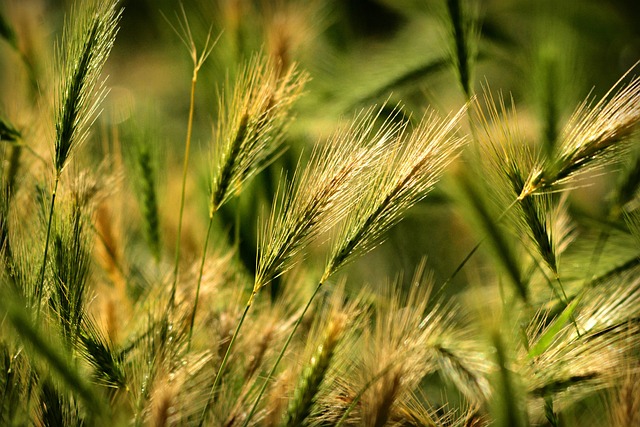
Delta 9 THC Gummies in Alabama: A Legal, Comprehensive User Guide
Discover the world of Delta 9 THC gummies with our in-depth guide, tailored for those intrigued by …….
Read More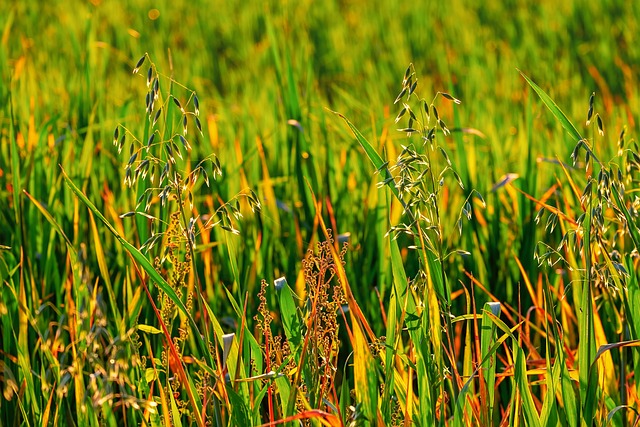
Exploring Delta 9 THC Gummies: Legal Benefits and Usage in Alabama
Delta 9 THC gummies are legal in Alabama under specific conditions. While Alabama's Compassiona…….
Read More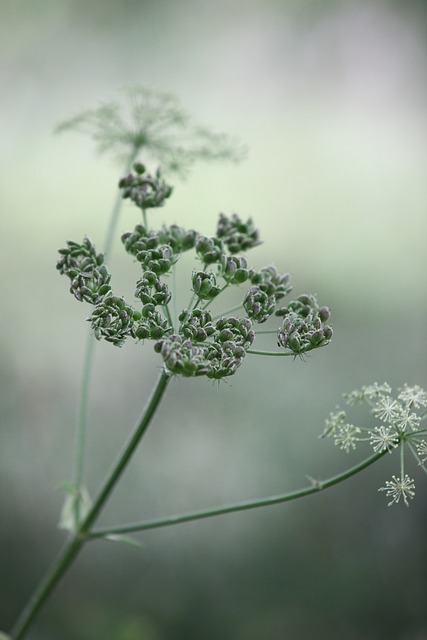
Exploring Delta 9 THC Gummies: Legality, Advantages, and Safe Use in Alabama
Delta-9 THC gummies are a popular and discreet way for both medical patients and recreational users…….
Read More
Exploring the Legalities and Wellness Benefits of Delta 9 THC Gummies in Alabama
In Alabama, Delta 9 THC-infused gummies are a legal option for consumers under state law, provided …….
Read More
Delta 9 Gummies in Alabama: A Legal Guide for Safe Use and Future Outlook
Delta 9 THC-infused gummies derived from hemp are legal in Alabama under specific conditions set by…….
Read More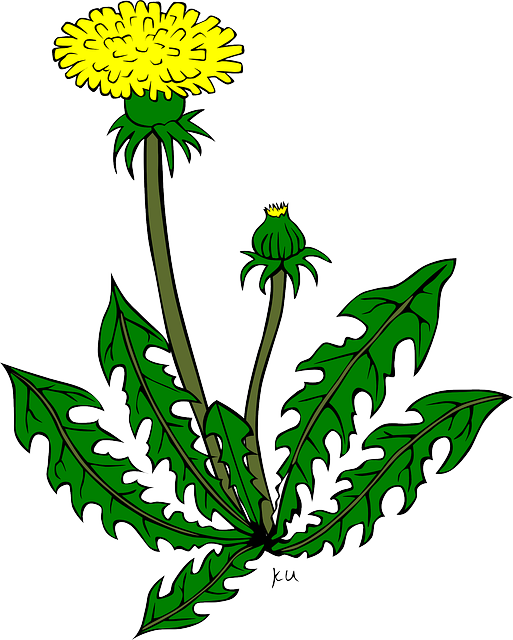
Exploring Delta 9 THC Gummies: Legal Benefits and Usage in Alabama
Delta 9 gummies have emerged as a popular and accessible means for individuals in Alabama to experie…….
Read More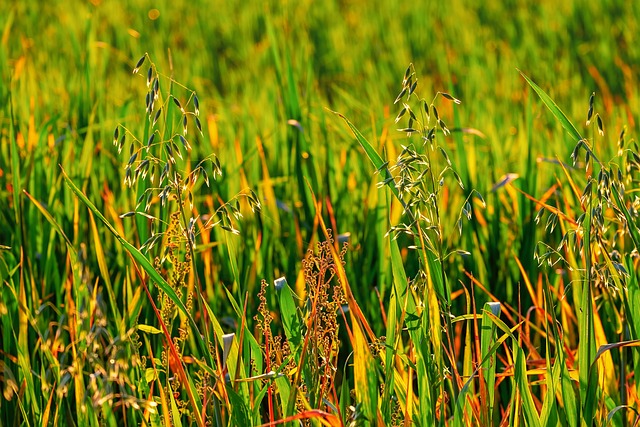
Delta 9 THC Gummies Guide: Legal Status, Effects, and Usage in Alabama
Delta 9 THC gummies are a popular edible form of cannabinoids in Alabama, where they are legal under…….
Read More
Exploring Delta 9 THC Gummies: Legal Benefits and Usage in Alabama
Delta 9 gummies are now legally accessible in Alabama following the federal legalization of hemp-de…….
Read More